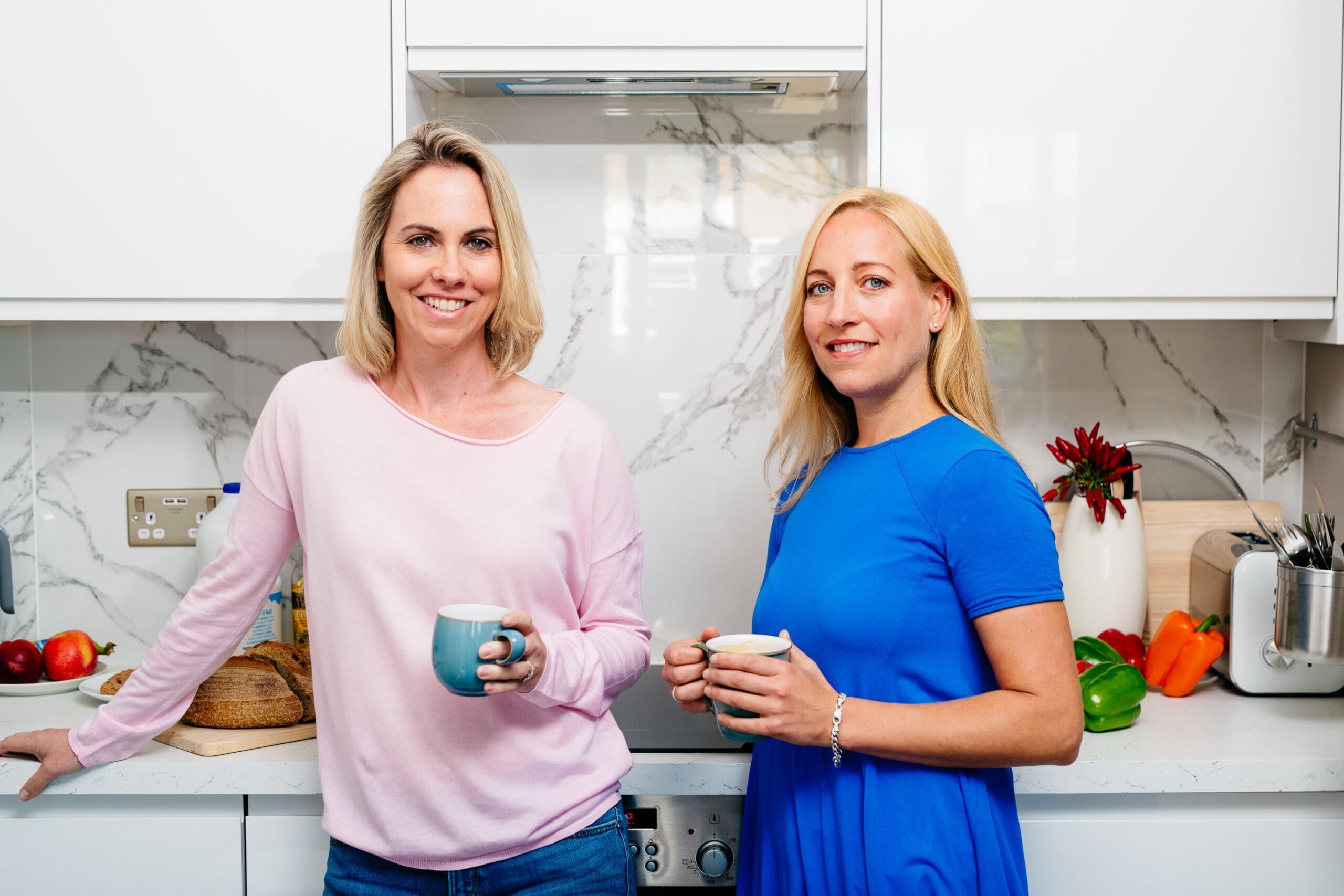OLIO is a UK-based food waste app founded in 2015 with the aim of preventing domestic food waste by giving users the chance to share surplus food in their local community. HRH The Duchess of Sussex was suitably impressed that she interviewed co-founder Tessa Clarke for September’s Vogue. Mintel’s Global Food & Drink Analyst Katya Witham also spoke to Tessa in an exclusive interview to get know more about her company, its success model and shifting consumer behaviors towards more sustainability.
Can you tell us a bit about OLIO and how did the idea come about?
OLIO is a mobile app tackling the problem of food waste at home and in the local community. All you have to do is to take a photo of a food or household item that you no longer need and list it on the app. Someone nearby browsing through the listings or requesting this specific item can then come to your house and pick it up. It is important to stress that everything on OLIO is free and essentially based on neighbour-to-neighbour-sharing. By preventing food waste you thus also get more connected to your local community. The idea to create this kind of service came to me around five years ago when I was moving country and the movers told me to throw away all of my food. Coming from a farmer’s family, I know how much hard work goes into producing what we eat. I wasn’t prepared to throw away the food, so I immediately stopped packing and set out to the street and tried to find someone to share my food with. It seemed absurd to me that I had to throw away food that was perfectly fine to eat when someone only a couple of metres away from me might have wanted or even needed it.
 OLIO’s co-founders Tessa Clarke (left) and Saasha Celestial-One
OLIO’s co-founders Tessa Clarke (left) and Saasha Celestial-One
The food and drink industry landscape and consumer attitudes to food waste have changed significantly in the past few years. What changes have had the biggest impact on OLIO business?
There were two changes that helped OLIO to grow. One of them has certainly been the shift towards more sustainable lifestyles. The world is waking up to multiple crises: environmental, biodiversity and resource depletion. Whether it has to do with palm oil or packaging, today’s consumers increasingly understand that food has a very large carbon footprint, and as a result, they’re more interested in food sustainability.
Second, we’re also witnessing a rise in the popularity of local produce, which is fuelled by the need to know the provenance, and a growing desire for local community. In addition to local farmers’ markets, there are now increasingly a number of apps and start-ups that are trying to connect consumers with local providers. Personally, I think that large industrial factory farming no longer appeals to a growing number of consumers, who instead want local and sustainably produced food.
You have over 1.5 million users, could you tell me about the OLIO user demographic?
At the moment we have 1.6 million users who have shared 2.7 million portions of food, which has had the environmental impact of saving over 400 million litres of water.
70% of our user base is female. We’re proud of the fact that the full age spectrum is represented on OLIO – everyone from students to pensioners is using our app! However, we do over-index with Millennials, meaning we have a predominantly female Millennial community.
What are the most popular items on the OLIO app?
We see a lot of fresh fruit and vegetables offers on our app. In today’s world with unpredictable work lives, it can be hard to use all the fresh ingredients for cooking. One popular listing that makes me laugh is tea because we’re a nation of tea lovers! But when you like to experiment with different tea flavours, what are you going to do with those that you don’t like? We also see a lot of cupboard clear-outs, including: tinned vegetables and pulses, pasta, biscuits etc. In short, things that people no longer want to eat for whatever reason.
Do you think that the average consumer understands the link between food waste and climate change?
I personally don’t think that food waste is commonly known for its negative effects on the environment and climate. Food seems very natural and organic and so it’s highly counter-intuitive to think it contributes to climate change. Most consumers are stunned to discover that if it were to be a country, food waste would be the third largest source of greenhouse gas emissions after the US and China. They also don’t realise how resource-intensive and wasteful our food system is. They’re shocked that a third of all the food that we produce gets thrown away, and that a quarter of all freshwater used by humanity is used to grow food that is never eaten. While plastic pollution has got wide media coverage, food waste is the lesser known ‘public enemy’. However we believe that in 2020 this will finally start to change.












 OLIO’s co-founders Tessa Clarke (left) and Saasha Celestial-One
OLIO’s co-founders Tessa Clarke (left) and Saasha Celestial-One



























